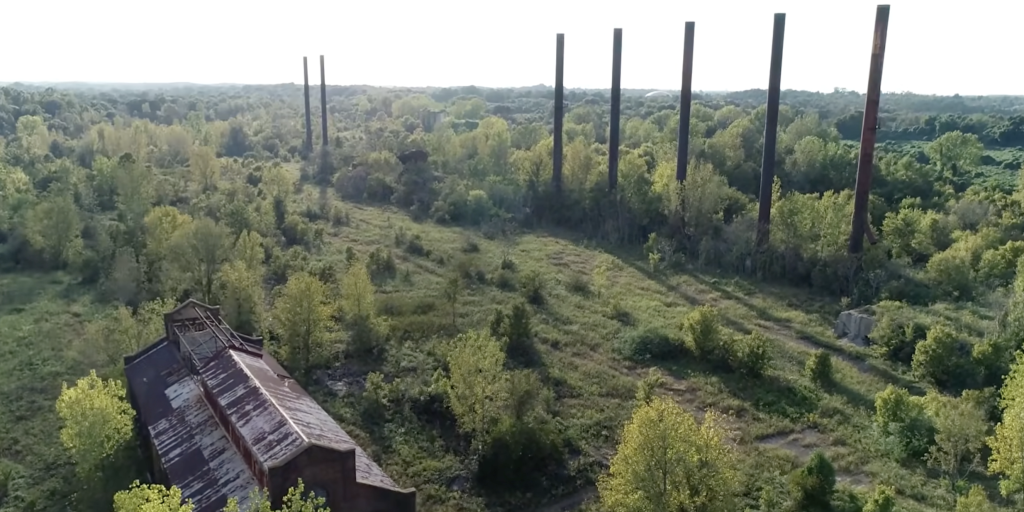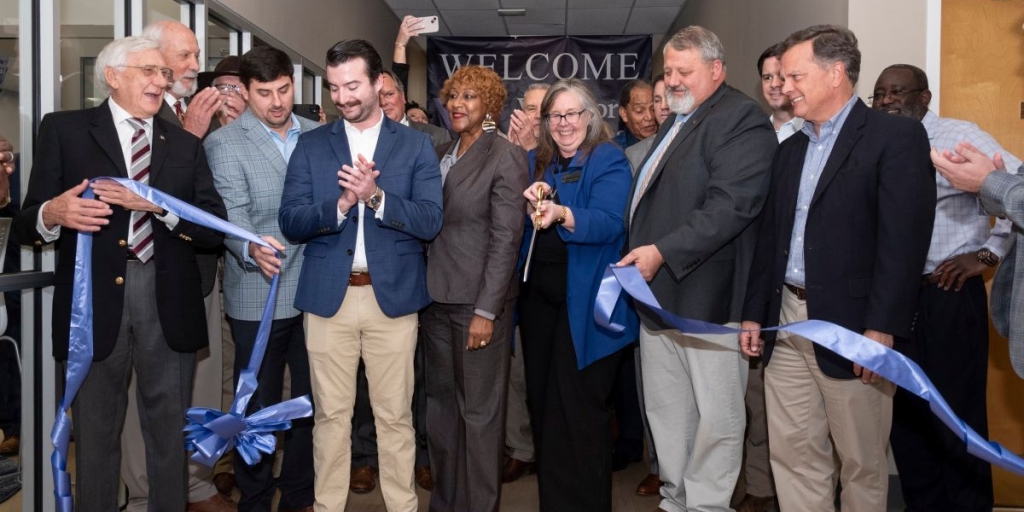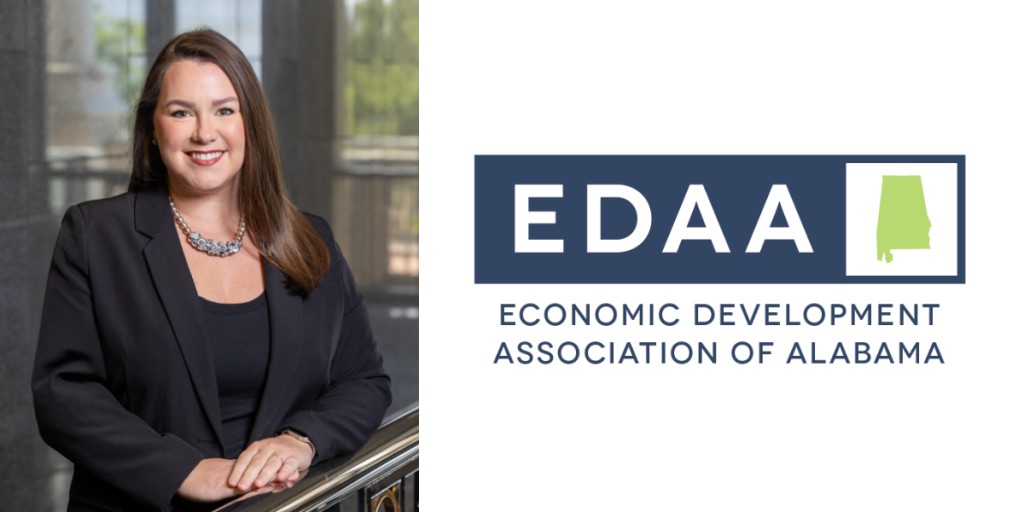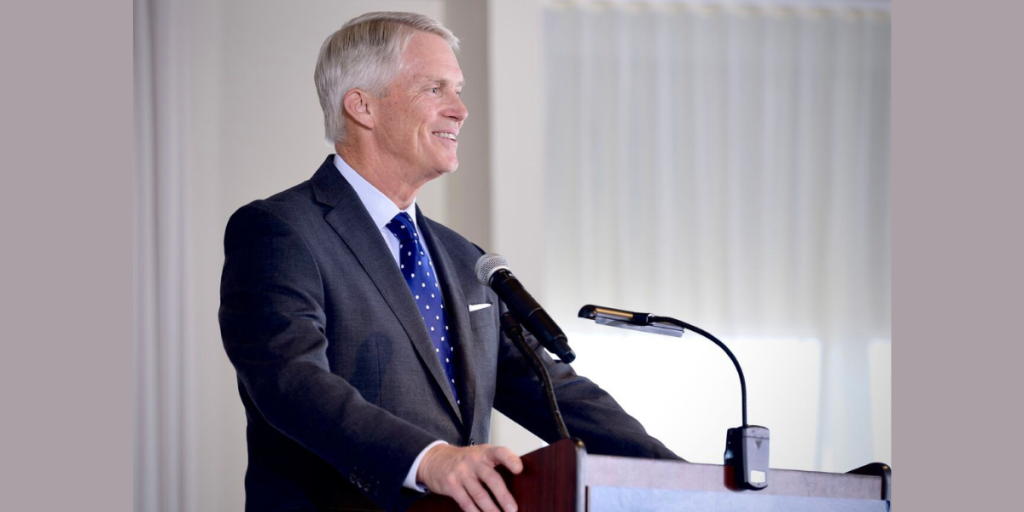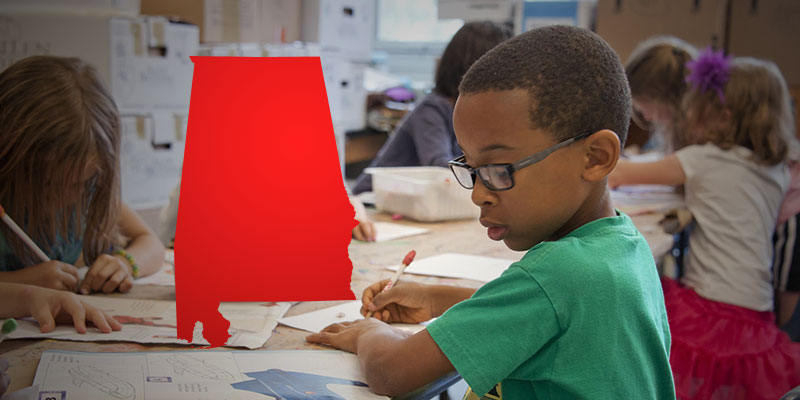Alabama’s economy will likely contract in 2023, but just barely, according to researchers at the University of Alabama.
Persistent inflation, labor shortages, lingering supply chain bottlenecks and international effects from the war in Ukraine will continue to drag national and state economic growth, according to the annual economic forecast from the Center for Business and Economic Research at UA.
Alabama’s economic output is projected to decrease 0.1% this year, a smidge better than the possible 0.2% slowdown projected for the United States in the report. The slight economic slowdown for the state comes after mild 1.3% growth in 2022 and stellar 5.1% in 2021 as the economy shook off the 3.2% pandemic-induced contraction in 2020.
“The economy, at some point, will slow down,” said Ahmad Ijaz, CBER executive director and director of economic forecasting. “Even if we go into a recession, it is only expected to be a mild one, hopefully, but that can change.”
Key to the essentially flat growth projection for this year is the possibility the Federal Reserve will be able to avoid an economic recession while raising interest rates, the so-called “soft landing” for the economy, Ijaz said.
“Looking at the current data, it is very likely that the Fed will be able to engineer a soft landing as long as the consumers spending continues to grow,” he said.
Part of the university’s Culverhouse College of Business, the Center for Business and Economic Research has produced forecasts of economic activity in Alabama since 1980. These forecasts cover Alabama’s Gross Domestic Product, employment, and income by industry group and are published in the annual Alabama Economic Outlook.
Along with annual dives into the national and state economy, including examinations of metro areas in Alabama, this year’s outlook includes a special look at the growth and challenges facing e-commerce and digital entrepreneurship in Alabama.
The 2022 Alabama Economic Outlook, available for free on the center’s website, reports consumer spending should grow at a modest pace as pandemic-era savings dwindle and interest rates eventually dampen the American consumer.
Sectors tied heavily to interest rates such as housing are likely already in a recession, which points to an uneven economy across industrial sectors. Agricultural, forestry, fishing and hunting should experience growth in Alabama along with several manufacturing sectors such as automobile manufacturing.
However, as long as consumers and businesses keep spending, the outlook for state taxes remains good, even if not as flush as the past two years, Ijaz said.





